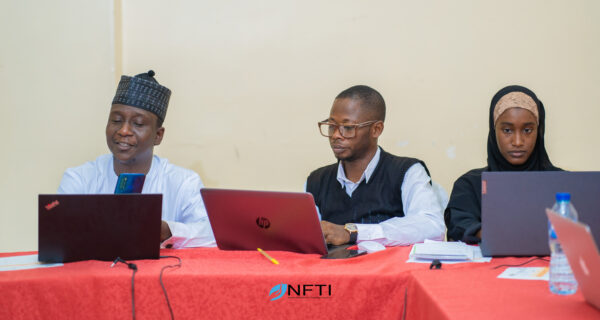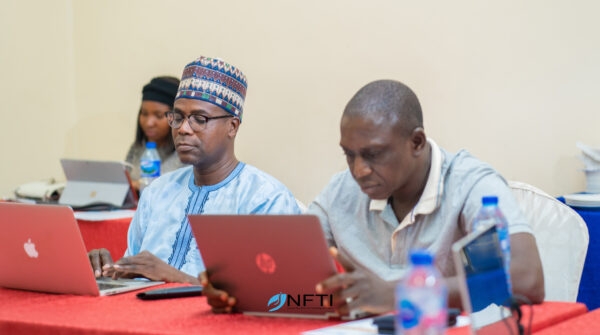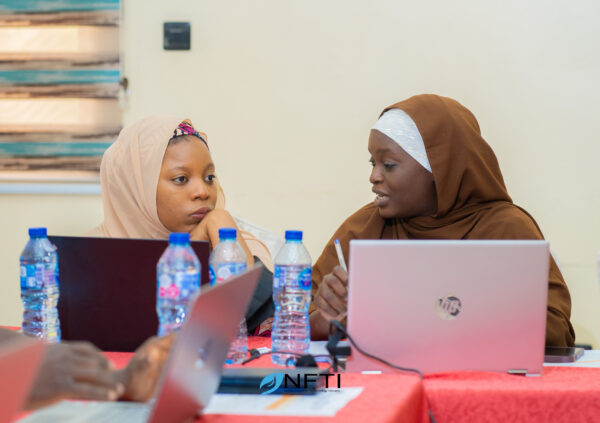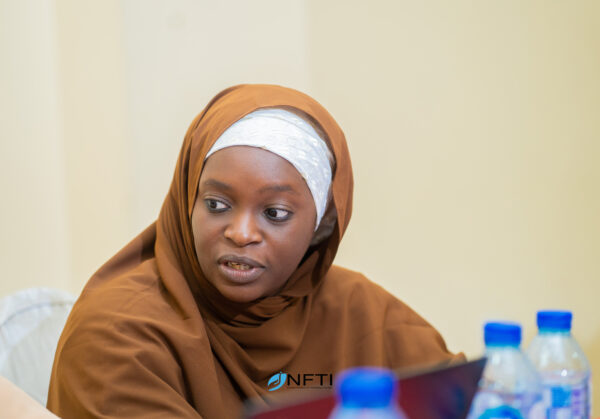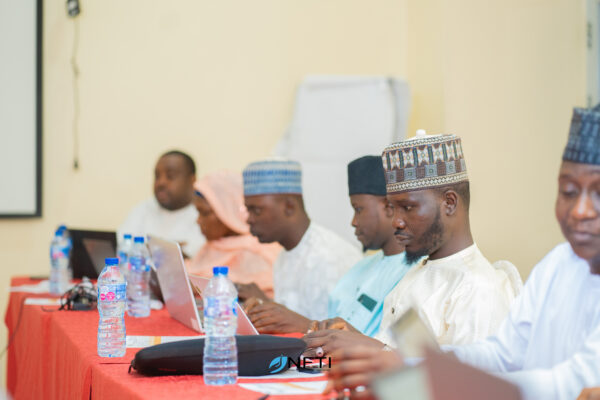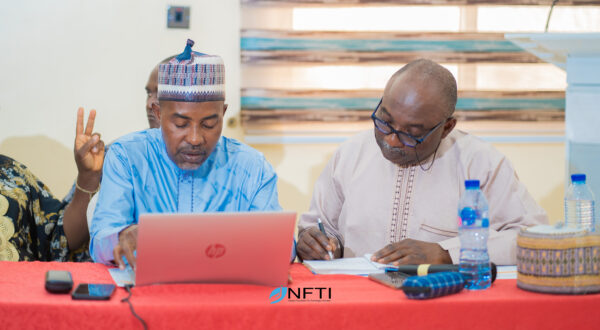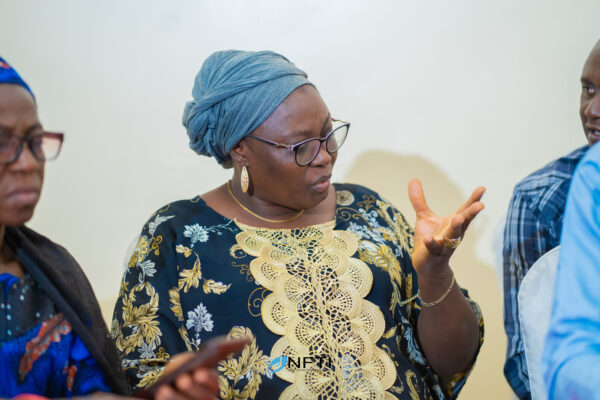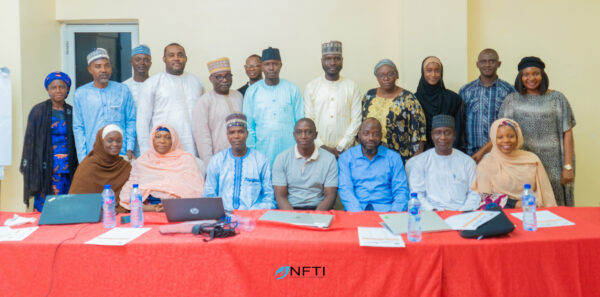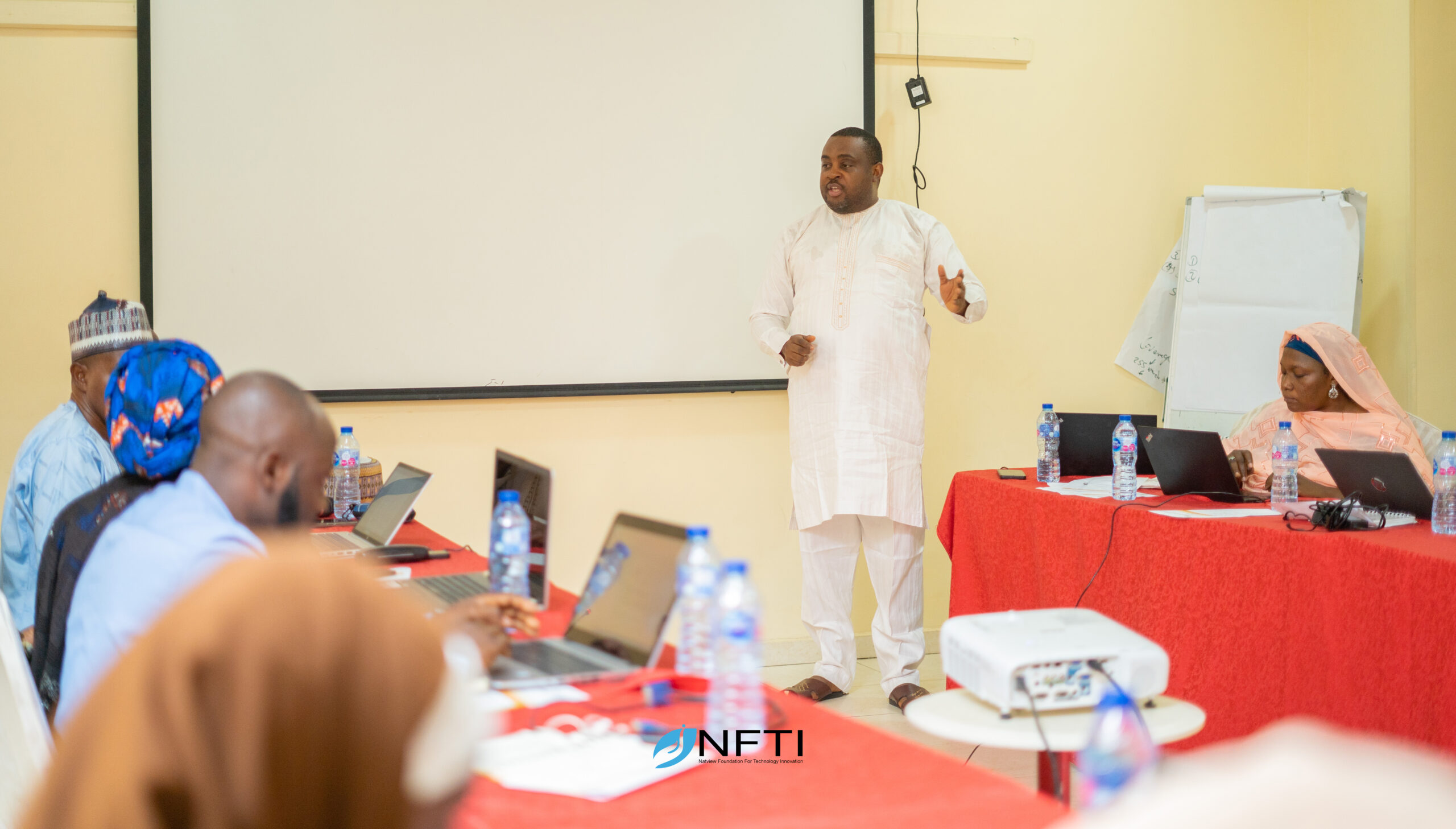In a collaborative effort to harness the power of data for informed decision-making, the Natview Foundation for Technology Innovation (NFTI) and the Kaduna State Bureau of Statistics (KDBS) held a two-day workshop in Abuja last week. This workshop focused on the analysis of data collected through the Citizens Perception Survey (CPS), a critical resource poised to guide policymakers and healthcare providers in Kaduna State in identifying gaps and addressing concerns.
The Bureau and the Kaduna State Ministry of Health are leading the collaborative initiative as part of a larger investigation into how people view the accessibility and effectiveness of government policies. The primary objective is to compile a comprehensive framework featuring the telephone numbers of communities across health facilities, facilitating an in-depth understanding of healthcare accessibility.
During the workshop, participants worked on key aspects of the study, aiming to evaluate the accessibility of primary health care (PHC) as the primary point of care for communities. Their focus extended to scrutinizing services delivered to the remotest corners of PHCs. The workshop also aimed to comprehend the community’s stance on insurance and free health coverage at the PHC level. Participants also worked on providing a conceptual framework and background behind the selection of health facilities for point-of-care services.
The recently conducted Citizen Perception Study in Kaduna State presents a comprehensive overview of community experiences with PHC facilities. This study sheds light on critical aspects such as accessibility, service delivery, and public satisfaction. The dimensions covered include health insurance coverage, cleanliness, waiting times, quality of care, and the professionalism of healthcare workers.
NFTI, renowned for its commitment to leveraging technology for positive social impact, is actively engaged in initiatives that align with its mission of promoting technological innovations for the good of society. Initiatives of this nature underscore our dedication to supporting data-driven approaches that contribute to the enhancement of healthcare accessibility and quality.
The workshop reflects a shared commitment to using data as a powerful tool for transformative change in the healthcare landscape of Nigeria’s third-most-populous state. It is our belief that the insights gained from this workshop and the ongoing initiatives stand testament to the foundation’s firm dedication to driving positive change through innovative, technology-driven solutions.
